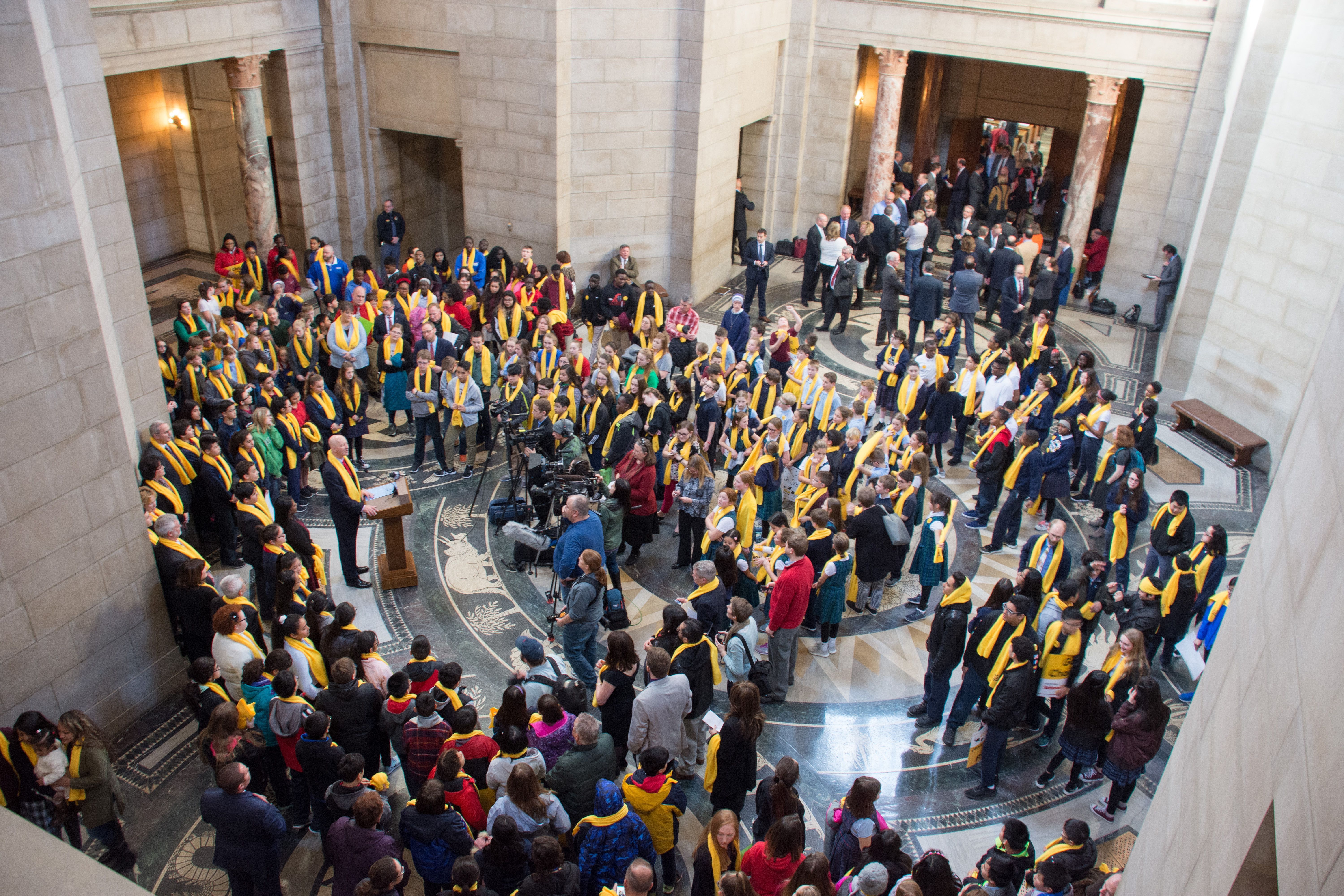I usually avoid political commentary on timely matters that fall outside of the Nebraska Legislature. I feel like I have a pretty good grasp on the Unicameral and can hammer out some thoughtful reflections (at least I think they are, and so do my kids who can’t read!). But when it comes to political matters beyond that realm, there are an endless number of commentators who are more insightful than I will ever be, so why go outside my lane.
However, this time around, with the political assassination of Charlie Kirk, it feels like I should contribute to the commentaries.
In all of this, I’ve been struggling with a fundamental question: is Charlie’s murder simply “a bug” or “a feature” of our political environment and culture? In other words, is it an exceptional incident or is it the norm? Have we devolved into a lawless political culture that 17th century political philosopher Thomas Hobbes envisioned when he said that “life is nasty, brutish, and short”? Or to quote Shakespeare, is “something rotten in the state of Denmark”?
When these types of tragedies have occurred in the past, I often find myself counting my blessings that these things don’t happen more often. I mean, what would stop any number of people from committing these types of violent actions on a more regular basis? It seems in a lot of ways these tragedies—praise God—are more one-off, bizarre situations than they are the norm.
On the other hand, when you start reflecting on the last couple weeks or the last year, and you start counting the acts of political violence, it makes you wonder: are these violent episodes normal to our political culture more than they are exceptional?
In short, do we have a culture problem? Or do we have some terribly rotten people whose actions don’t speak for the culture at large?
I’m not sure I have the answers to any of these questions, but they are the questions that stick with me when brutal events like the death of Charlie Kirk occur.
But if I can attempt to have any answers, it would be the following.
First, I think about the Aleksandr Solzhenitsyn’s profound statement that “the line separating good and evil passes not through states, nor between classes, nor between political parties either—but right through every human heart—and through all human hearts.”
Solzhenitsyn’s observation is a stark reality that we must all come to grips with. The Devil does not discriminate. Evil knows no boundaries or political affiliations. It simply seeks to destroy, and that destruction starts from within the heart of each of us and is carried out into our relationships, our communities, and the culture at large.
The line between good and evil within the human heart is a thin one. Each of us must remain vigilant over our heart, as well as the hearts of our brothers and sisters, so that we might strive for what is good and true and beautiful.
Otherwise, as St. Philip Neri said when he watched a criminal being led off to his execution, “But for the grace of God, there go I.”
Second, there truly is nothing in this world that matters more than the proclamation of the Gospel: that Jesus Christ came to save us from our sins through His suffering, death, and resurrection. No political party, no philosophy, no ideology can save—only Christ saves.
Regardless of your political opinions about Charlie Kirk, he witnessed to the priority of Jesus over and above all things. At the end of the day, politics, social media followers, winning debates, popularity, none of that meant anything to Charlie compared to the saving love of Jesus. And this is precisely what the Church’s social teaching calls us to believe: that, at the end of the day, Christ is King over and above all other things in this earthly city of man.
Finally, Charlie’s death is one more reminder that “we are dust and to dust we shall return,” that we “know not the hour,” and that we are called to keep our oil lamps lit as we await the return of the Eternal Bridegroom.
We pray that Charlie’s heart was ready to receive His Lord, even at his young hour of 31 years of age. And we pray for his wife and children, who now must endure an unthinkable suffering and loneliness for years to come. May Jesus console them and all those who suffer.

